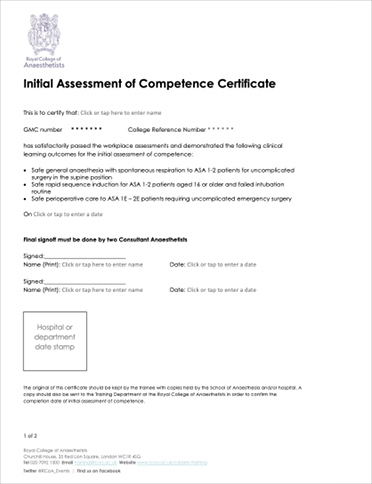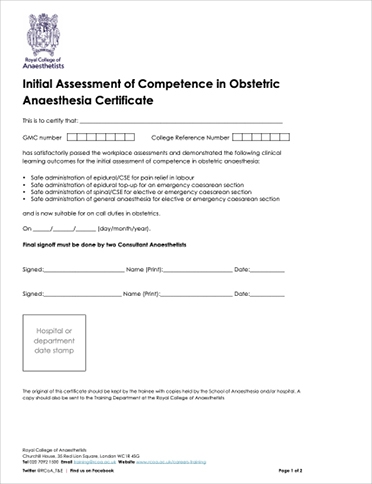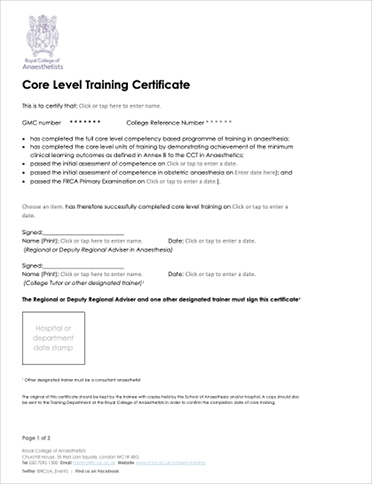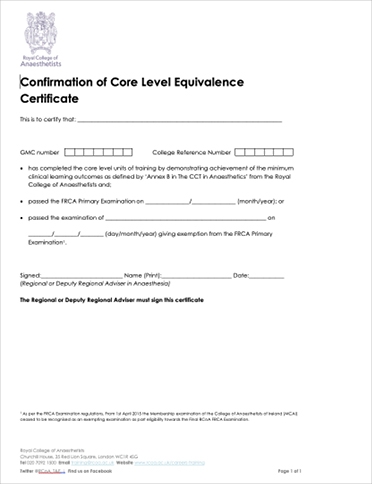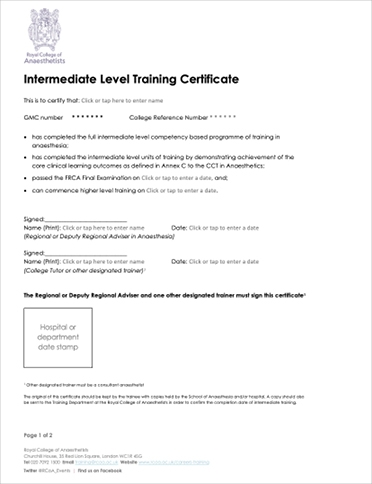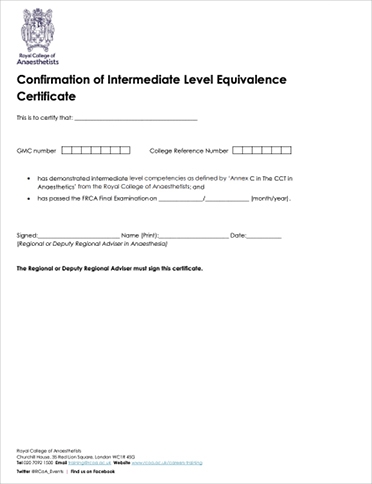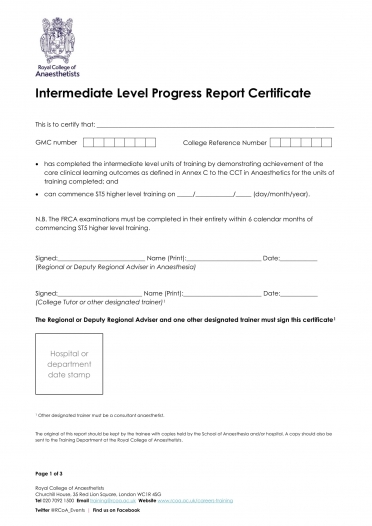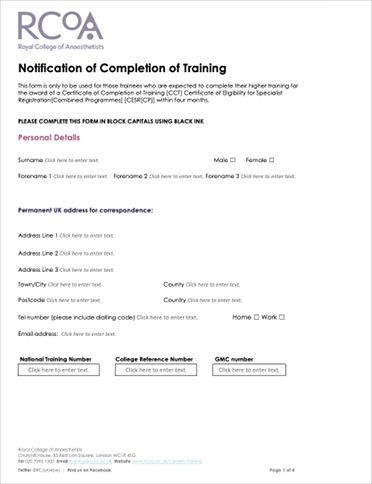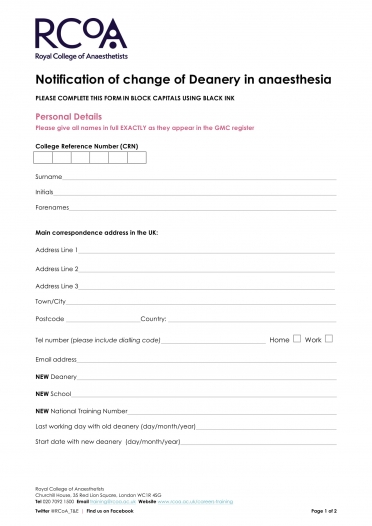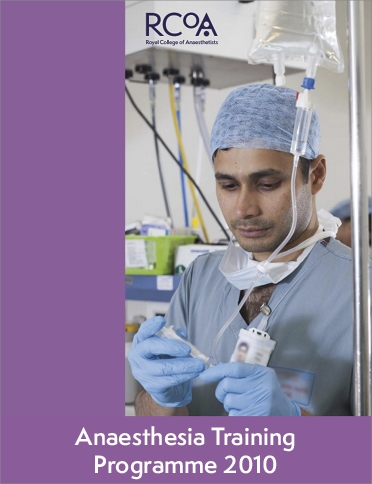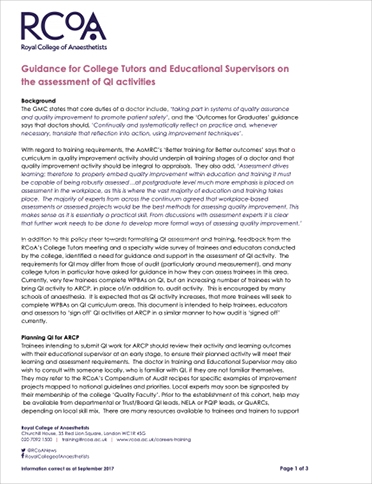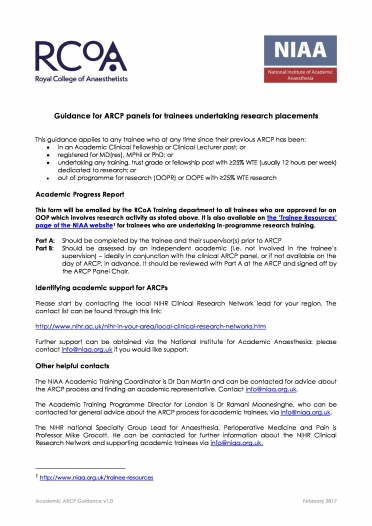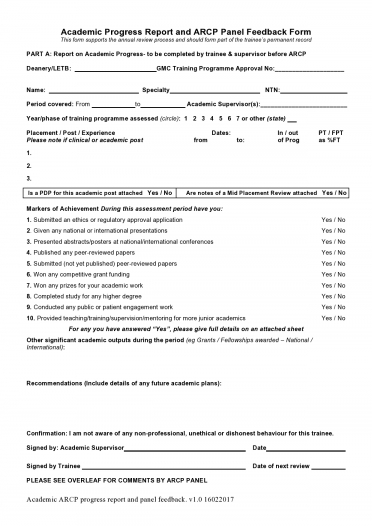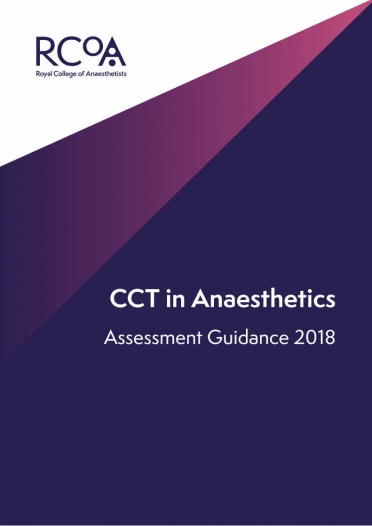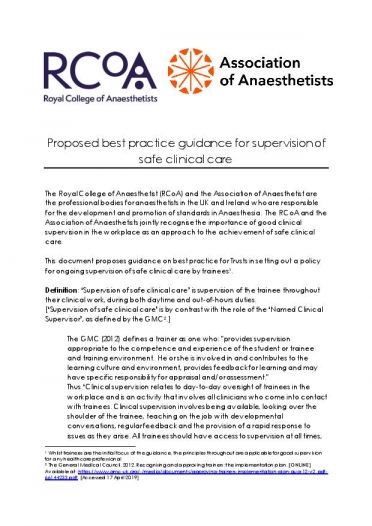2010 Training programme
Core Anaesthetic training
Core training is normally two years in duration and starts with the Introduction to anaesthesia including the Initial Assessment of Competence (IAC), which is usually completed within the first six months of training. The remainder of the two years is dedicated to completing core anaesthesia and passing the Primary Fellowship of the Royal College of Anaesthetists (FRCA) examination.
Trainees who enter via the Acute Care Common Stem (ACCS) route complete the core level in three years. Two of the years are in ACCS and the third year is solely anaesthesia. For further information on the ACCS programme, please visit the ACCS website.
As soon as you secure a core training post please complete a Core Training registration form which will be submitted to the membership department. Once you are registered a Lifelong Learning Platform (LLP) account will be created for you. Registration with the College is a General Medical Council requirement.
You should record training progress in the LLP. Assessments and their summary Completion of Unit of Training (CUT) forms will create digital copies of the IAC, Initial Assessment of Competence in Obstetric Anaesthesia, and Core Level Training Certificate.
Those who have completed paper copies of certificates outside the LLP should send scanned copies to the training department at training@rcoa.ac.uk. Please ensure you keep original copies safe.
Intermediate Anaesthetic training
Intermediate training is usually two years in duration and introduces specialist areas of anaesthesia such as cardiothoracic and neuro anaesthesia. During this stage, you must complete all the essential units of training and pass the FRCA Final examination to progress to higher anaesthetic training.
On appointment to an ST3 post please complete a Specialty Registrar training registration form which will be submitted to the membership department. Registration with the College is a GMC requirement. Anaesthetic training is not a run through training programme, and because doctors receive an outcome 6 after they successfully complete core training, they must re-register when they secure an ST3 post.
You should continue to record training progress in the LLP. Assessments and their summary CUT forms will create digital copies of the Intermediate Level Training Certificate (ILTC).
If you need to defer intermediate units to higher training, or if you are moving to higher training before passing the final FRCA, please discuss this with your supervisor as an Intermediate Level Progress Report (ILPR) should be submitted instead of an ILTC.
Those who have completed paper copies of the ILTC outside the LLP should send a scanned copy to the training department at training@rcoa.ac.uk. Please ensure you keep original copies safe.
Your prospective completion date will be calculated by the College after your certificate is completed and you have commenced ST5.
Higher and Advanced Anaesthetic Training
Higher anaesthetic training is usually two years in duration, one year of which must be done in general duties; a minimum of 9 of the 14 general duties units must be completed, including the three mandatory units indicated on the diagram at the top of the page. As well as completing all essential higher units of training, you can choose to do one or more of the optional units.
Advanced anaesthetic training is one year in duration, the learning is focussed on building expertise in your chosen areas of clinical practice and greater exposure to the professional competences such as leadership, team working, teaching and management.
Higher and advanced training can be delivered flexibly. Although generally undertaken as ST7, advanced training can be done in ST6 if that facilitates access to specialist training. This needs to be supported by your School.
Up to four months before your expected completion date you should complete a Notification of Completion of Training form on the LLP. Those who have completed paper copies of the ILTC outside the LLP should send a scanned copy to the training department at training@rcoa.ac.uk. Please ensure you keep original copies safe.
The College will also need to receive an Annual Review of Competence Progression (ARCP) outcome 6 for us to make a recommendation to the GMC for your addition to the specialist register.
For information on the types of assessments used in the 2010 training programme
Please see below a number of useful guidance document regarding the curriculum and ARCPs.

